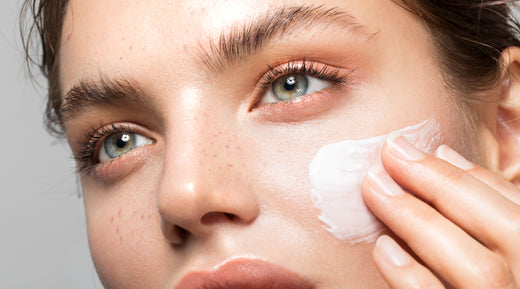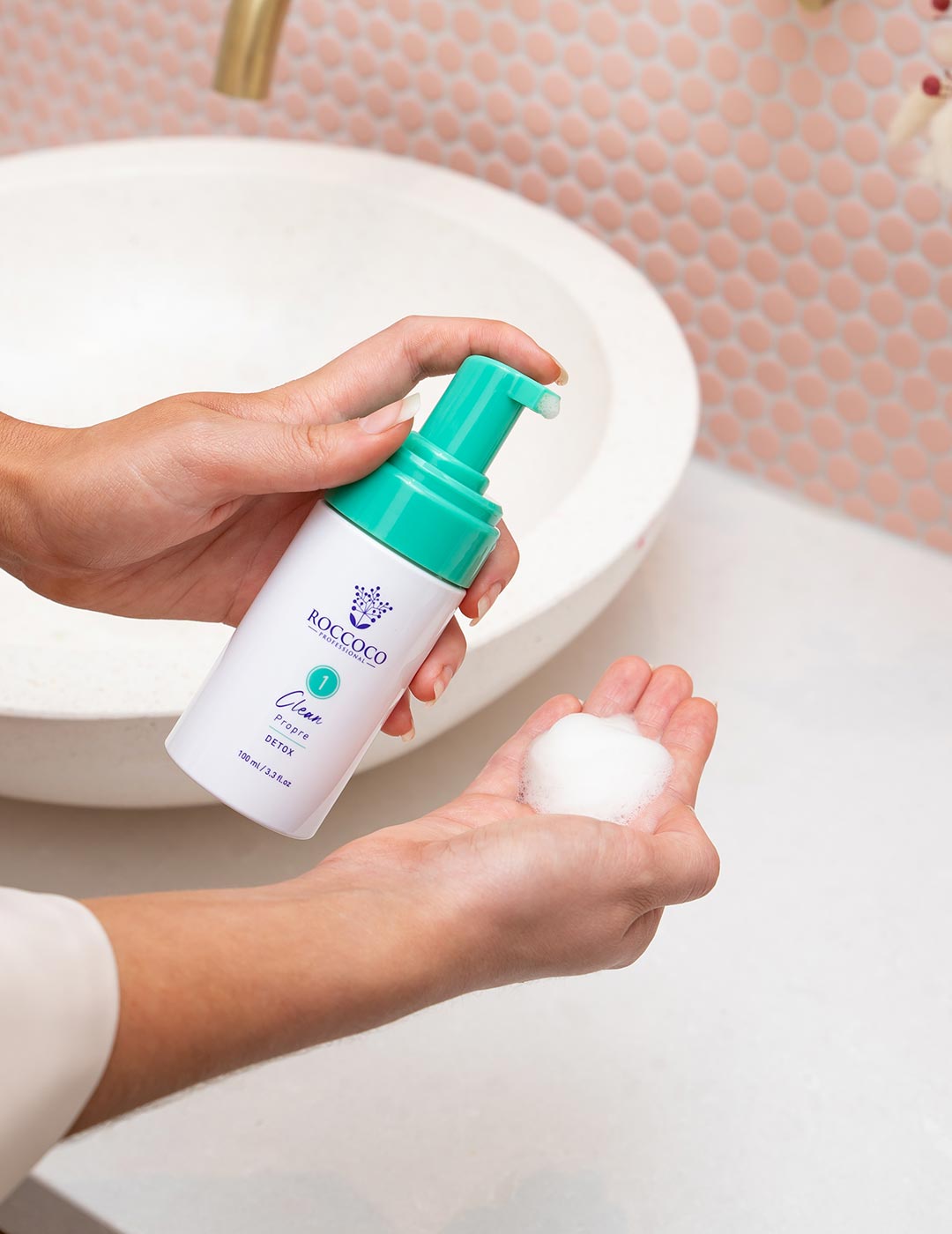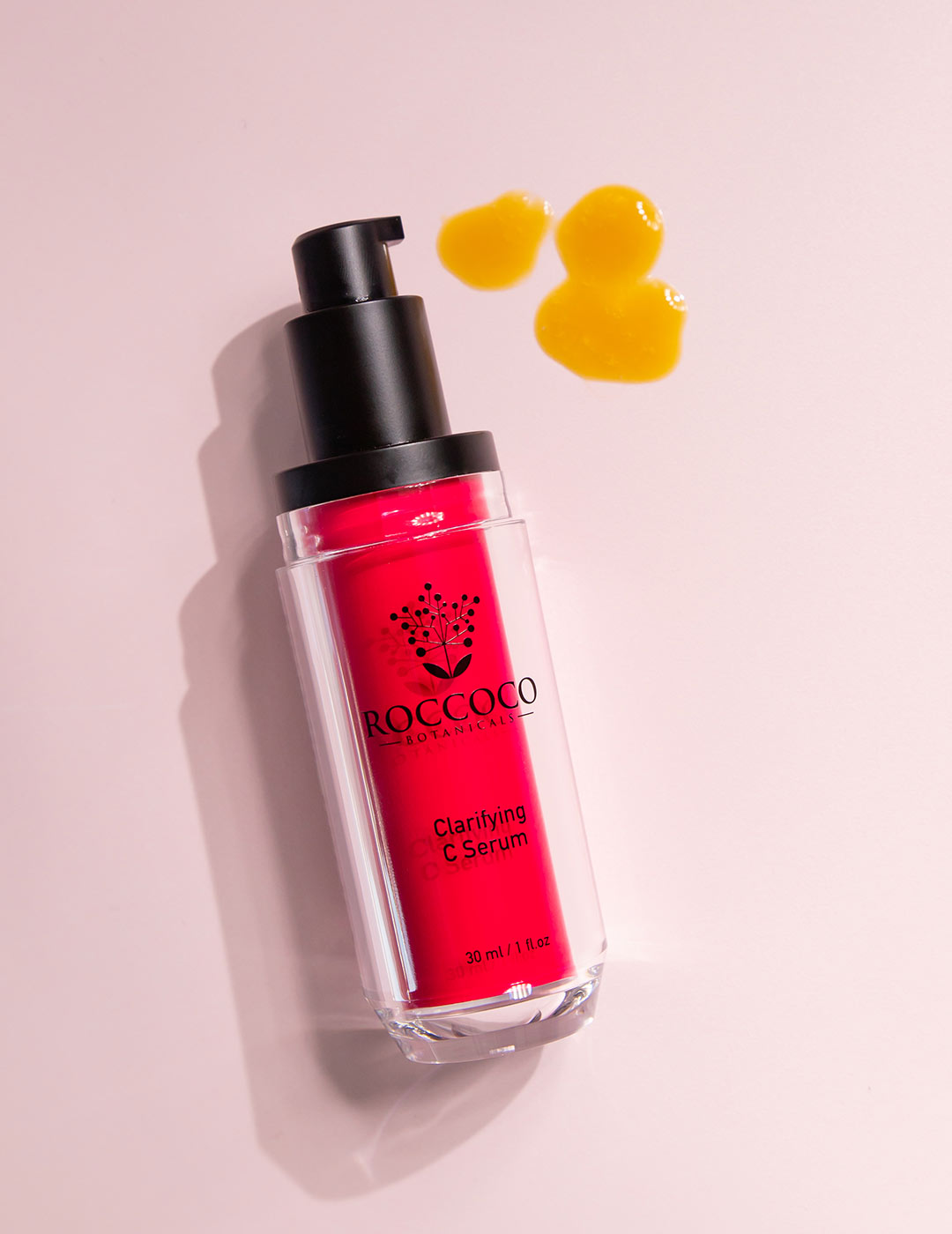In today's fast-paced world, stress has become an inevitable part of our lives. Unfortunately, this doesn't just take a toll on our mental well-being, but it also affects our physical health, including our skin.
Yes, you read that right – stress can wreak havoc on your complexion. When you're under stress, your body produces a hormone called cortisol, which triggers inflammation and can lead to various skin problems.
Today, we’ll look at the connection between stress and skin health, exploring the science behind it and providing you with practical tips to manage stress and maintain a glowing complexion.

Understanding the Connection Between Stress and Skin Health
Stress is a natural response designed to protect our bodies from danger or threats. When we're under stress, our bodies go into 'fight or flight' mode, releasing hormones like cortisol and adrenaline.
While these hormones are helpful in short bursts, chronic stress can lead to an overproduction of these hormones, which is harmful to your skin.
Cortisol, in particular, can cause an increase in oil production, leading to breakouts. It also breaks down collagen, the protein that keeps your skin firm and youthful. Over time, chronic stress can result in dull, aged, and acne-prone skin.
The Impact of Stress on the Skin
Stress affects the skin in various ways. For one, it can lead to inflammation, a root cause of many skin conditions like psoriasis, eczema, and rosacea.
Stress can also slow down the healing process, meaning acne and other wounds take longer to heal.
In extreme cases, stress can even trigger hair loss and hives.
Common Skin Conditions Caused by Stress
Now that we understand the science behind stress and skin health, let's take a closer look at some common skin conditions caused by stress. These include acne, psoriasis, rosacea, and eczema.
Acne is perhaps the most common skin condition linked to stress. When you're stressed, your body produces more oil, which can clog your pores and lead to breakouts.
Psoriasis, eczema, and rosacea are all inflammatory conditions that can be exacerbated by stress.
If you have one of these conditions and find that your symptoms get worse when you're stressed, it's essential to find effective stress management strategies.
Strategies for Managing Stress
Managing stress is easier said than done, but there are several strategies you can try. Regular exercise, for example, is a great way to reduce stress.
Meditation and yoga can also be effective. These practices not only help reduce stress but also promote mindfulness, helping you stay present and not get overwhelmed by stressful situations.
Finally, getting enough sleep is crucial. Lack of sleep can increase stress levels and negatively impact your skin.

In addition to stress management strategies, maintaining a healthy diet and regular exercise routine can also help keep your skin looking its best.
A diet rich in fruits, vegetables, lean proteins, and whole grains can provide your skin with the nutrients it needs to stay healthy.
Regular exercise increases blood flow, which can help nourish your skin cells and keep them vital. Exercise also helps reduce stress, further contributing to healthy skin.
In conclusion, stress can have a significant impact on your skin health. However, by understanding the connection between stress and skin health, and implementing effective stress management strategies, you can maintain healthy, radiant skin even in the face of stress.
Remember, everyone's skin and stress levels are different. What works for someone else might not work for you. It's important to listen to your body and find what strategies work best for you.
Read more

Packed with a range of benefits, sunflower oil is becoming more popular in skincare.Derived from the seeds of the vibrant sunflower plant, this oil is rich in essential fatty acids like linoleic, o...

Discovering your skin type is the first step towards achieving healthy and glowing skin. Each skin type has unique characteristics and requires specific care routines and products. Understanding...



